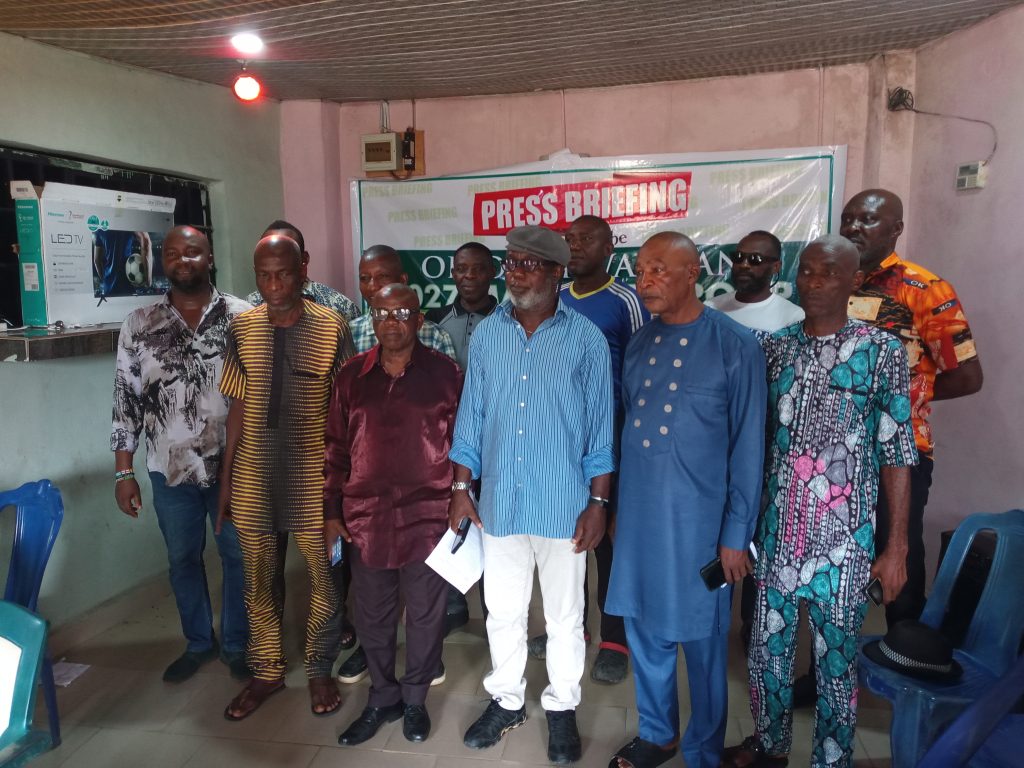News
Netanyahu praises Putin amid ongoing Gaza hostage crisis
DDM News

Israeli Prime Minister Benjamin Netanyahu has expressed his appreciation to Russian President Vladimir Putin for Moscow’s role in the release of an Israeli-Russian hostage.
The expression of gratitude came during a phone conversation held on Tuesday to commemorate the 80th anniversary of Victory in Europe Day.
Victory in Europe Day, observed annually on May 8, marks the defeat of Nazi Germany and the end of World War II in Europe.
This year’s commemoration carried additional significance as global leaders reflected on the sacrifices made to end fascism and restore peace to the continent.
According to a statement from Netanyahu’s office, the two leaders exchanged warm greetings in honor of the Allied victory during World War II.
Netanyahu specifically acknowledged the Red Army’s pivotal contribution to the defeat of Nazi forces.
He also highlighted the bravery and sacrifice of Jewish soldiers who fought in the war.
Many Jewish fighters served with distinction in the Allied forces, with some becoming prominent military leaders during the conflict.
During the call, Netanyahu provided President Putin with an update on Israel’s efforts to secure the release of hostages still being held in the Gaza Strip.
The Israeli leader reaffirmed his government’s commitment to ensuring the safe return of all kidnapped civilians.
One of the hostages, Sasha Troufanov, a young Israeli-Russian dual national, was released in February following negotiations in which Russia reportedly played a quiet but crucial role.
Netanyahu thanked Putin for Russia’s involvement in facilitating Troufanov’s release.
Though specific details of the negotiations were not disclosed, it is believed that Russia leveraged its communication channels with Hamas to help secure the boy’s freedom.
Sasha Troufanov was among the youngest captives released during the ongoing conflict between Israel and Hamas.
The call between Netanyahu and Putin also touched on undisclosed “regional developments,” according to the official Israeli statement.
While details of these discussions were not made public, analysts suggest they may have included the situation in Syria, Iran’s influence in the Middle East, and continuing hostilities in Gaza.
Diaspora Digital Media (DDM) reports that Russia has maintained open lines of communication with both Israel and Hamas since the outbreak of conflict in October 2023.
This diplomatic flexibility has positioned Moscow as a potential mediator in humanitarian and security matters across the region.
Despite growing geopolitical tensions, particularly over Russia’s invasion of Ukraine, Israel has maintained a carefully balanced diplomatic approach toward the Kremlin.
Russia’s military presence in Syria, which borders Israel to the north, has been a key factor in Jerusalem’s cautious foreign policy.
Over the past few years, Israel and Russia have engaged in deconfliction arrangements to avoid direct clashes in Syrian airspace.
Israel routinely conducts airstrikes in Syria targeting Iranian-linked forces and weapons transfers to Hezbollah, while coordinating with Russian forces stationed in the region.
While diplomatic ties have occasionally been strained, Israel continues to engage Moscow on matters that directly impact its national security.
The phone call between Netanyahu and Putin is a reflection of the continued importance of high-level diplomacy in navigating the complex web of alliances and conflicts in the Middle East.
It also highlights Russia’s potential role as a mediator capable of influencing groups like Hamas to engage in negotiations.
The release of Sasha Troufanov is seen as a rare success in a deeply protracted conflict, offering a glimmer of hope for other families waiting for news of their loved ones.
International pressure continues to mount on Hamas to release the remaining hostages taken during the October 2023 attacks on Israel.
Global actors, including the United States, Egypt, Qatar, and now Russia, are actively engaged in mediation efforts to reduce hostilities and push for humanitarian breakthroughs.
As Victory in Europe Day serves as a reminder of past cooperation against tyranny, leaders like Netanyahu and Putin are now navigating a far different but equally complex landscape of modern warfare and diplomacy.
Their conversation on Tuesday illustrates that even in times of global division, shared history and humanitarian concerns can bring adversaries together for common causes.
For Diaspora Digital Media Updates click on Whatsapp, or Telegram. For eyewitness accounts/ reports/ articles, write to: citizenreports@diasporadigitalmedia.com. Follow us on X (Fomerly Twitter) or Facebook











